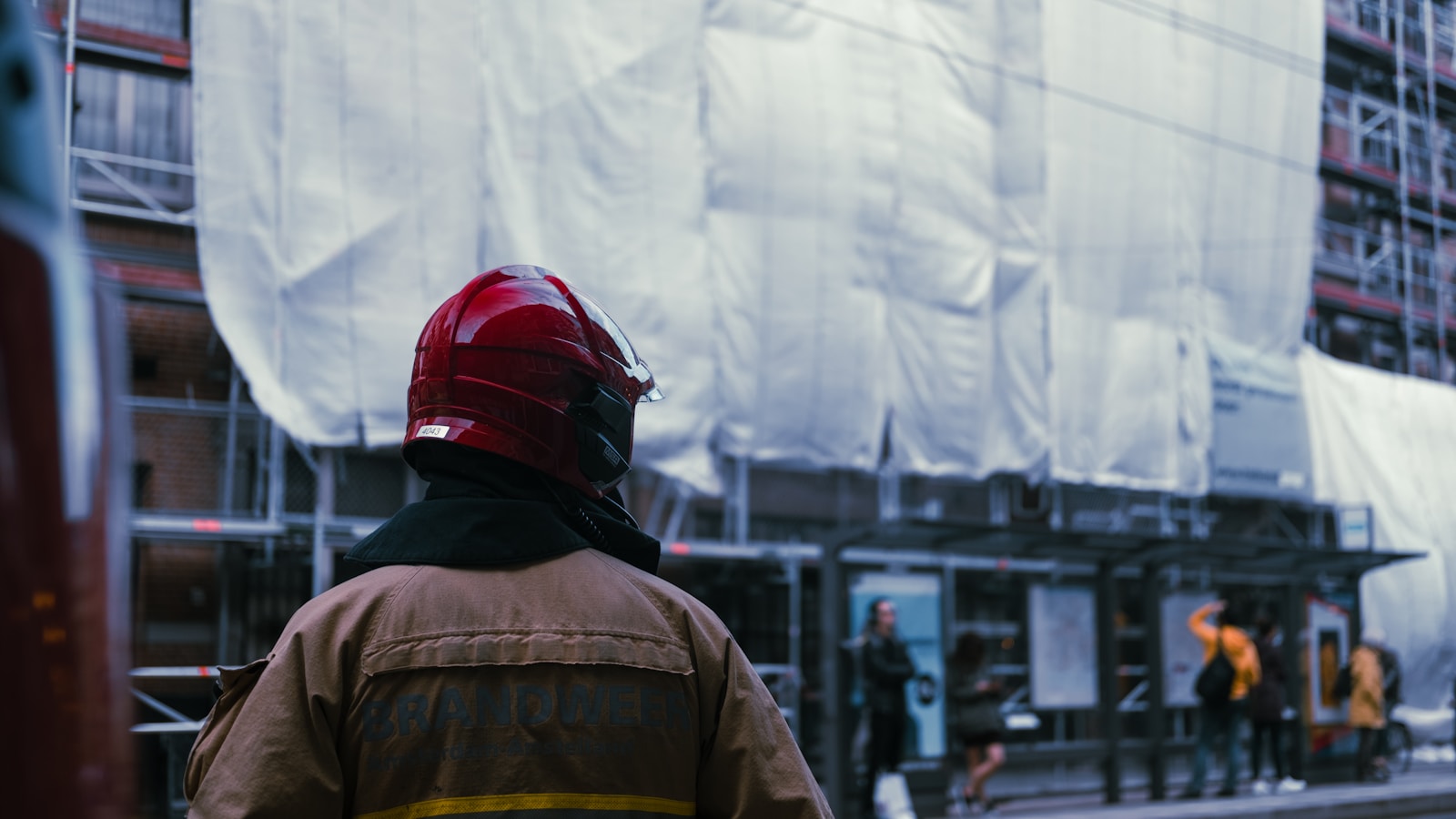
bombero

firefighter
'Bombero' refers to a person whose job is to extinguish fires. This term generally refers to a male firefighter.
Example sentences using: bombero
El bombero apaga el fuego.

The firefighter puts out the fire.
This sentence is in the present tense and it describes an action that a firefighter commonly does, which is putting out fires.
Mi tío es un bombero

My uncle is a firefighter.
This sentence is in the present tense, stating a fact about the speaker's uncle's profession.
Los bomberos son muy valientes.

Firefighters are very brave.
In Spanish, the word for firefighters is pluralized (bomberos), so the verb and adjective have to agree in plural form. The sentence is conveying the brave nature of firefighters.
El bombero salvó a la niña de la casa en llamas.

The firefighter saved the girl from the burning house.
This sentence is in the past tense (salvó), describing an action of a firefighter saving someone, in this case, a girl, from a dangerous situation.
Antonio quiere ser un bombero cuando crezca.

Antonio wants to be a firefighter when he grows up.
This sentence is in the present tense but talks about a future aspiration, which is to become a firefighter.
¡Muchas gracias, bombero!

Thank you very much, firefighter!
This is a polite sentence showing gratitude to a firefighter. It's used in a conversational context.
El traje de bombero es resistente al fuego.

The firefighter's suit is fire resistant.
This sentence describes a characteristic of a firefighter’s equipment, specifically his suit, which is fire resistant.
En caso de incendio, llama a los bomberos.

In case of fire, call the firefighters.
This sentence is giving an advice or suggestion in a hypothetical situation where there is a fire.
El bombero subió la escalera para rescatar al gato.

The firefighter climbed the ladder to rescue the cat.
This sentence narrates a singular heroic act of a firefighter in past tense. In addition to addressing fires, firefighters often rescue entities too.
La estación de bomberos está cerca de mi casa.

The fire station is close to my house.
This sentence talks about the location of a fire station in relation to the speaker's house. It's a statement of fact in present tense.